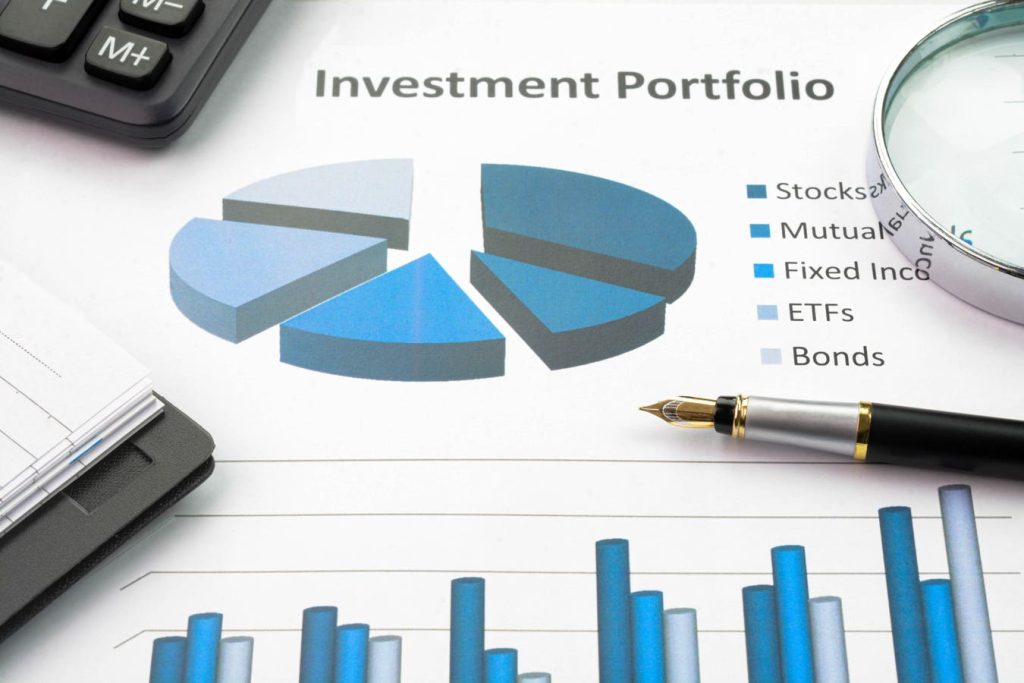The conventional wisdom in investing often categorizes equities as risky, fixed income as conservative, and cash as safe. However, this simplistic view can be misleading, especially when considering fixed income investments beyond individual bonds held to maturity. Bond funds, a popular vehicle for accessing the fixed-income market, can exhibit volatility comparable to equities, challenging the notion that they inherently provide stability. A more nuanced understanding of fixed income and its relationship to interest rates is crucial for building a truly balanced and resilient portfolio.
The foundation of any investment strategy lies in asset allocation, typically divided across equities, fixed income, and cash. Equities generally target growth, fixed income offers an income stream, and cash provides stability and liquidity. This categorization is not absolute, as some equities offer dividends, blurring the lines between growth and income, while certain fixed-income instruments, like high-yield bonds, may prioritize growth over income. Understanding the underlying drivers of returns for each asset class is fundamental. Equity returns are primarily driven by corporate earnings and the price investors assign to those earnings (multiples), while fixed-income returns are predominantly influenced by prevailing interest rates. Secondary factors, such as credit quality changes for bonds, also play a role, but interest rates remain the dominant force.
The relationship between interest rates and bond fund performance is often overlooked. While individual bonds held to maturity offer a predictable return (barring default), bond funds behave differently. Because the bonds within a fund are actively traded, their returns are tied to prevailing interest rates. As interest rates rise, the value of existing bonds in the fund falls, impacting the overall fund value. Conversely, as interest rates decline, bond fund values tend to rise. This sensitivity to interest rate fluctuations introduces a level of volatility often unexpected by investors seeking stability in their fixed-income allocation. This volatility can be exacerbated during periods where stock prices decline concurrently with rising interest rates, potentially creating a double blow to portfolio performance.
The misconception of equating “fixed income” with “conservative” stems from the behavior of individual bonds held to maturity. These instruments, assuming no default, provide a known return determined at the time of purchase. The return is calculated based on the purchase price, maturity date, and coupon payments (if any). Bond funds, however, lack this predictability due to their actively traded nature. Their returns are subject to the constant fluctuations of the interest rate environment, making them potentially unsuitable for the “conservative” portion of a portfolio. This distinction is crucial for investors seeking to manage risk and maintain portfolio stability.
An alternative approach to managing fixed-income risk involves building a portfolio of individual bonds held to maturity, primarily focusing on shorter-term instruments. This strategy reduces the impact of interest rate fluctuations and ensures a more predictable return. While this approach may sacrifice potential upside during periods of declining interest rates, it prioritizes stability and capital preservation, aligning with a conservative investment objective. The performance of such a strategy can demonstrate significantly lower volatility compared to bond funds or equity markets, particularly during periods of interest rate volatility.
However, it’s important to acknowledge that no single investment strategy is without risk. While a portfolio of individual bonds held to maturity offers predictability and lower volatility, it may underperform bond funds during extended periods of declining interest rates. Conversely, during periods of rising interest rates, holding individual bonds can provide a buffer against market volatility. The choice between individual bonds and bond funds depends on the individual investor’s risk tolerance, investment horizon, and overall financial goals. The key takeaway remains that “fixed income” does not automatically equate to “conservative” and a nuanced understanding of the underlying instruments is essential for making informed investment decisions.










